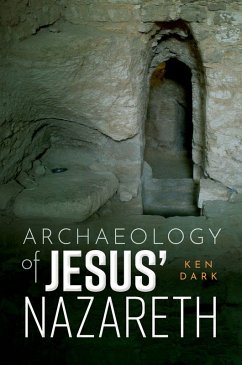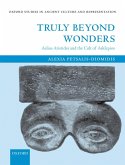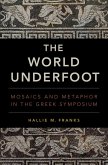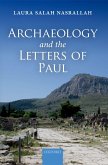Archaeology of Jesus' Nazareth is the first book on the archaeology of first-century Nazareth: Jesus' hometown in Galilee. Requiring no previous knowledge of biblical history or archaeology, it outlines the latest archaeological evidence, placing the Gospels' account of Jesus' youth in the Bible, and origins of Christian pilgrimage, in a new context. The book concentrates on the fascinating Sisters of Nazareth site in the centre of the present city. There, twenty-first century archaeological research identified a Byzantine pilgrimage church, which is likely to be the Church of the Nutrition - dedicated to the upbringing of Christ - the most important previously 'lost' early Christian church in the Holy Land. A seventh-century pilgrim said that a vaulted area under the Church of the Nutrition contained the actual house where Jesus was brought up by Mary and Joseph. Intriguingly, below the Byzantine church at the Sisters of Nazareth site a vaulted area preserved what are probably the ruins of a first-century house. Even before the Byzantine church was built, a - probably fourth-century - cave-church was constructed next to the first-century ruins, suggesting that they were assigned Christian religious importance. The similarities with the pilgrim's description raise the question of whether the Sisters of Nazareth house really could have been the childhood home of Jesus. The book draws to its conclusion by means of a discussion of this historical existence for Jesus and the implications of the archaeology of Nazareth for understanding the Gospels.
Dieser Download kann aus rechtlichen Gründen nur mit Rechnungsadresse in A, B, BG, CY, CZ, D, DK, EW, E, FIN, F, GR, HR, H, IRL, I, LT, L, LR, M, NL, PL, P, R, S, SLO, SK ausgeliefert werden.









